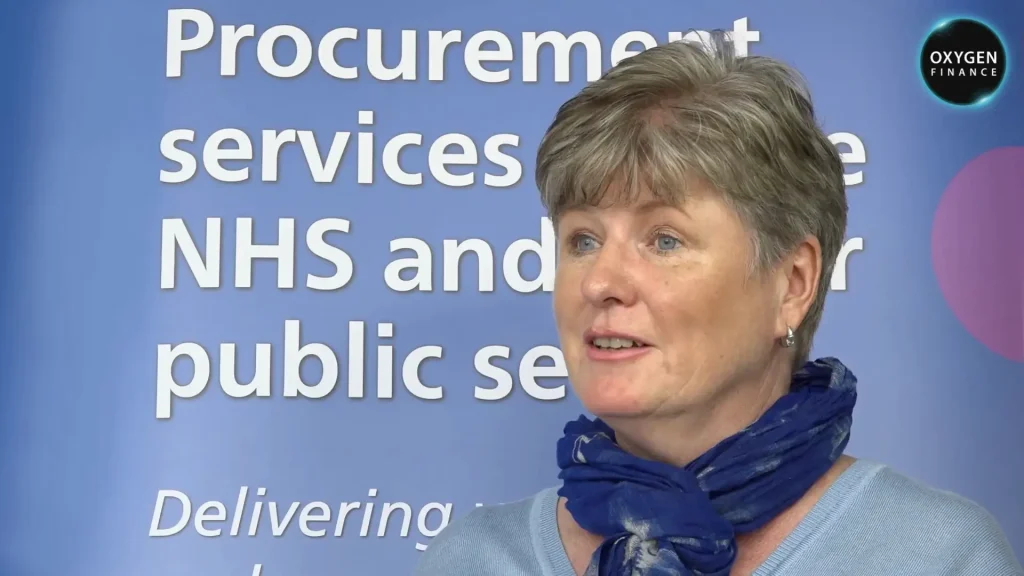Earlier this month, we hosted the CPO Advisory Forum in Birmingham, bringing together procurement leaders from over 30 local authorities with expert speakers from across the public and private sector.
In an increasingly challenging Local Government landscape, there was certainly plenty for discussion. Leading on savings, carbon reduction, social value, digitisation, and much more, it’s a critical time for Procurement to ensure their teams and processes are equipped for success.
The CPO Forum has become an invaluable and engaging platform to dissect these challenges, fostering a network of expertise and collaboration. Addressing the need for practical solutions, the agenda had a specific focus on upskilling and training, operating structures, and preparations for the change in legislation.
Procurement is central to some of the biggest challenges facing the public sector
At the outset it was important to recognise that Procurement is now central to some of the biggest challenges facing the public sector. High growth in demand across social care, migration and asylum, cost of living support, combined with declining spending power, an ever-increasing number of suppliers, and a lack of resource, has added to the pressure.
As such, it became clear there is a need to leverage intelligence and expertise: tapping into market trends, engaging key innovators in emerging categories, and learning from those organisations pioneering new approaches. With the right data and insights at procurement’s disposal, teams can work more effectively, costs can be reduced, better outcomes can be achieved, and procurement can rightly take its place at the top table.
Preparing for Procurement Reform
Procurement Reform has long been on the agenda, but teams are now starting to consider how they prepare systems, policies, and guidance to ensure compliance and prevent legal challenges ahead of this time. The Bill introduces a new cradle to grave approach requiring visibility of the planning of procurements all the way through to contract management and performance management. Mohammad Hans, Procurement Lawyer and Expert Trainer, CIPFA brought some of the important details into focus, with guidance on KPIs and Contract Performance Notices.
This built on the recently published work by the CPO Advisory’s Procurement Reform Group and again highlighted the need for changes to systems and operational structures as roles and responsibilities develop and more focus is placed on contract management strategies.
Operational Models, Past, Present and Future
In a dedicated session, the forum debated this shift in operating models and the advantages and disadvantages of the different approaches. Following the last virtual CPO event, six barriers to implementing change in procurement structures were identified. The ProcureCon 2023 survey also mirrored these findings, emphasizing three high-priority drivers for the coming year: data enrichment, category innovation, and predictive spend reporting. Other reports underscored the potential shift from category management into category innovation and analytical positions, helping the wider organisation recognise the value of procurement.
Through the forum’s own discussion, the key barriers to change were found to be:
- Resource: A significant barrier is the scarcity of resource and the urgent need to retain and develop internal staff in a rapidly changing environment with high staff turnover. Forum members experienced different challenges related to resource, dependent on the structure (centralised v devolved) and a lack of funding. Differing skills need to be nurtured based on the relationship procurement has between suppliers and the wider business.
For those authorities with devolved structures there was concern that Service Areas sometimes lack expertise in issuing compliant and effective tenders and contracts. Therefore, it is key that procurement functions provide wider service / client support.
- Data and Reporting: Whilst access to readily available and meaningful data is a challenge it is also recognised as a huge opportunity to transform the role of procurement. Harnessing the wealth of public sector data via available tools should offer a holistic view of procurement activity, help influence the wider business and overcome some of the barriers to understanding.
Unpredictability in non-recurring spend was highlighted as it still restricts the ability to build full pipelines and forward plans. Better use of data to support assumptions, could enable more reliable forecasting.
There were positive areas for development too:
- Relationship Building: Across the many challenges the need to improve relationship management, with internal stakeholders and suppliers alike, was identified as fundamental to progress; in supporting organisational change, and procurement’s role in both centralised and devolved models. Procurement can do more to provide client areas with assurance that training and support is available.
- Collaboration: Whilst there is rarely opportunity to collaborate on procurement projects, there is huge potential to share knowledge and practical assets, and to support each other at such a critical time. There are a variety of initiatives underway, both within the group and beyond such as those highlighted by Eddie Gibson of Crown Commercial Services. The CPO Advisory’s own working groups have now been established, focused on procurement reform, sustainability, and tail spend, to delve deeper into these specific challenges and work together to find solutions.
As Local Government faces unprecedented challenges, the CPO Advisory Forum has proven to be a beacon of collaboration and insight. Navigating the future of procurement requires agility, data-driven decisions, strong relationships, and a commitment to upskilling. The right structural changes, rooted in a clear understanding of organisational needs, will be the foundation for success. The journey ahead may be challenging, but armed with shared experiences and innovative solutions, Local Government Procurement is poised for transformative change.
For more information about the CPO Advisory Forum, contact info@oxygen-finance.com




